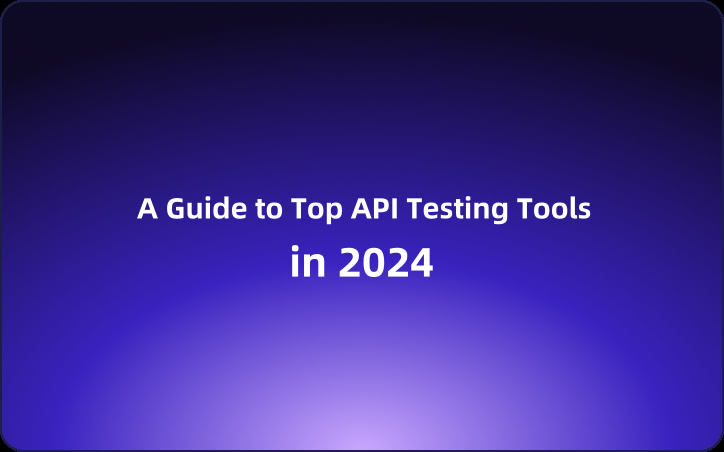A Guide to Top API Testing Tools in 2025
In this article, we’ll explore some of the best API testing tools available in 2024, suitable for developers at every level.
When it comes to API testing, having the right tools can make a world of difference. In this article, we’ll explore some of the best API testing tools available in 2025, suitable for developers at every level.
EchoAPI
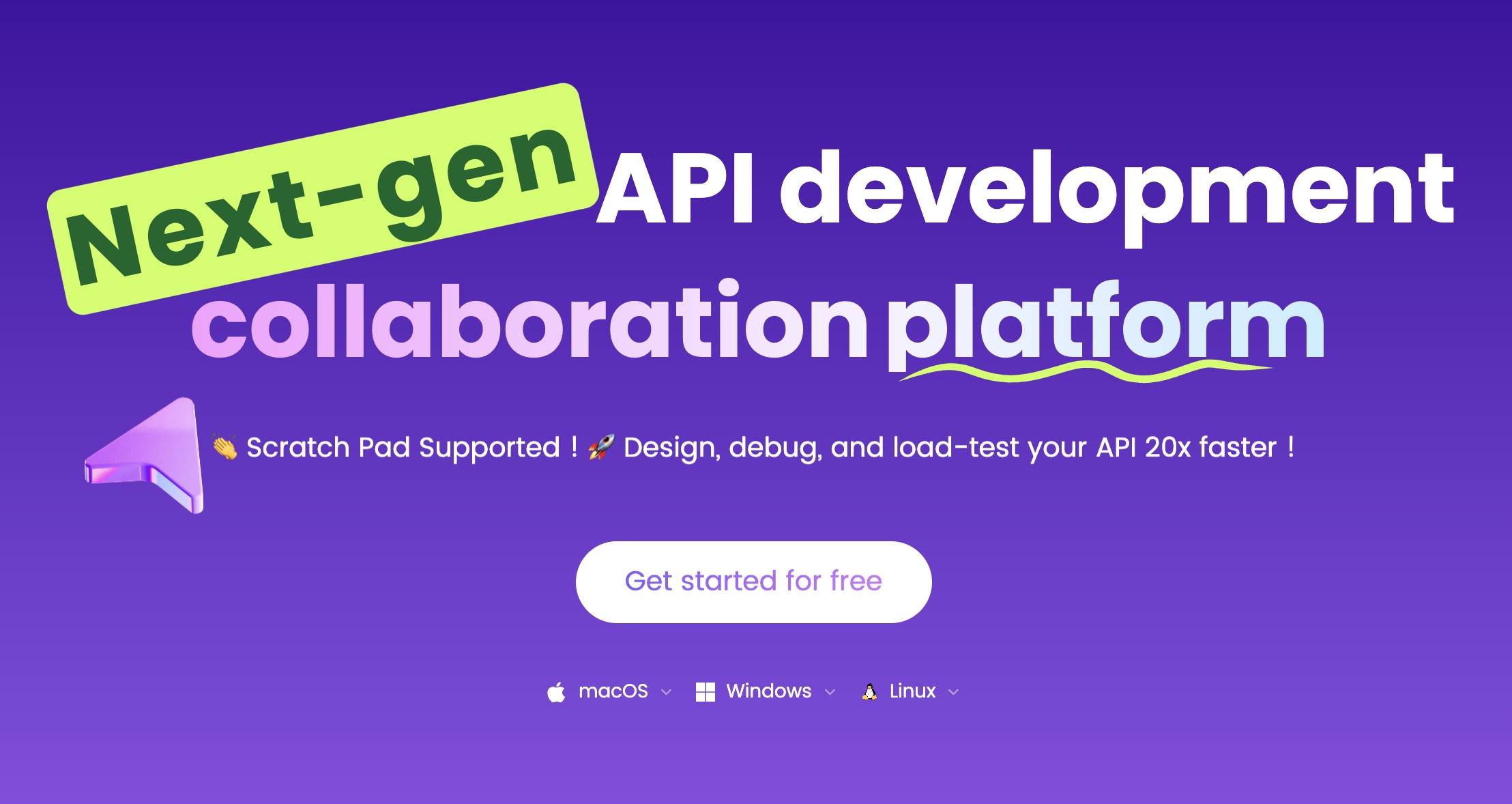
EchoAPI is an emerging and rapidly growing collaborative tool for API development. Unlike Postman, it has several distinct advantages that position it as an ideal alternative to Postman.
Key Features:
1.API Design
2.API Documentation
3.API Debugging
4.API Test Automation
5.API Mocking
6.collaborative nature
Advantages
1.No Login Required: Users can access features without the hassle of constant logins, enhancing convenience and productivity.
2.Supports Scratch Pad: Offers a scratch pad feature for temporary code snippets and notes, similar to what Postman provided.
3.Ultra Lightweight: Designed to be minimal and efficient, allowing for faster performance without unnecessary bloat.
4.100% Compatible with Postman Script Syntax: Users can easily transition from Postman, as it fully supports the same scripting syntax.
5.Plugins for IntelliJ IDEA, VS Code, and Chrome: it comes with plugins for IntelliJ IDEA, VS Code, and a Chrome request capture extension, all without the need to log in.without requiring a login.
Pricing
EchoAPI offers a free version with no time limit, you can use all the features of the professional version for free. However, its more advanced team management features are only available with a paid subscription.
Website:https://www.echoapi.com
Postman
Postman is a staple in the API testing community, trusted by millions of developers. It covers everything from building and testing to monitoring your APIs.
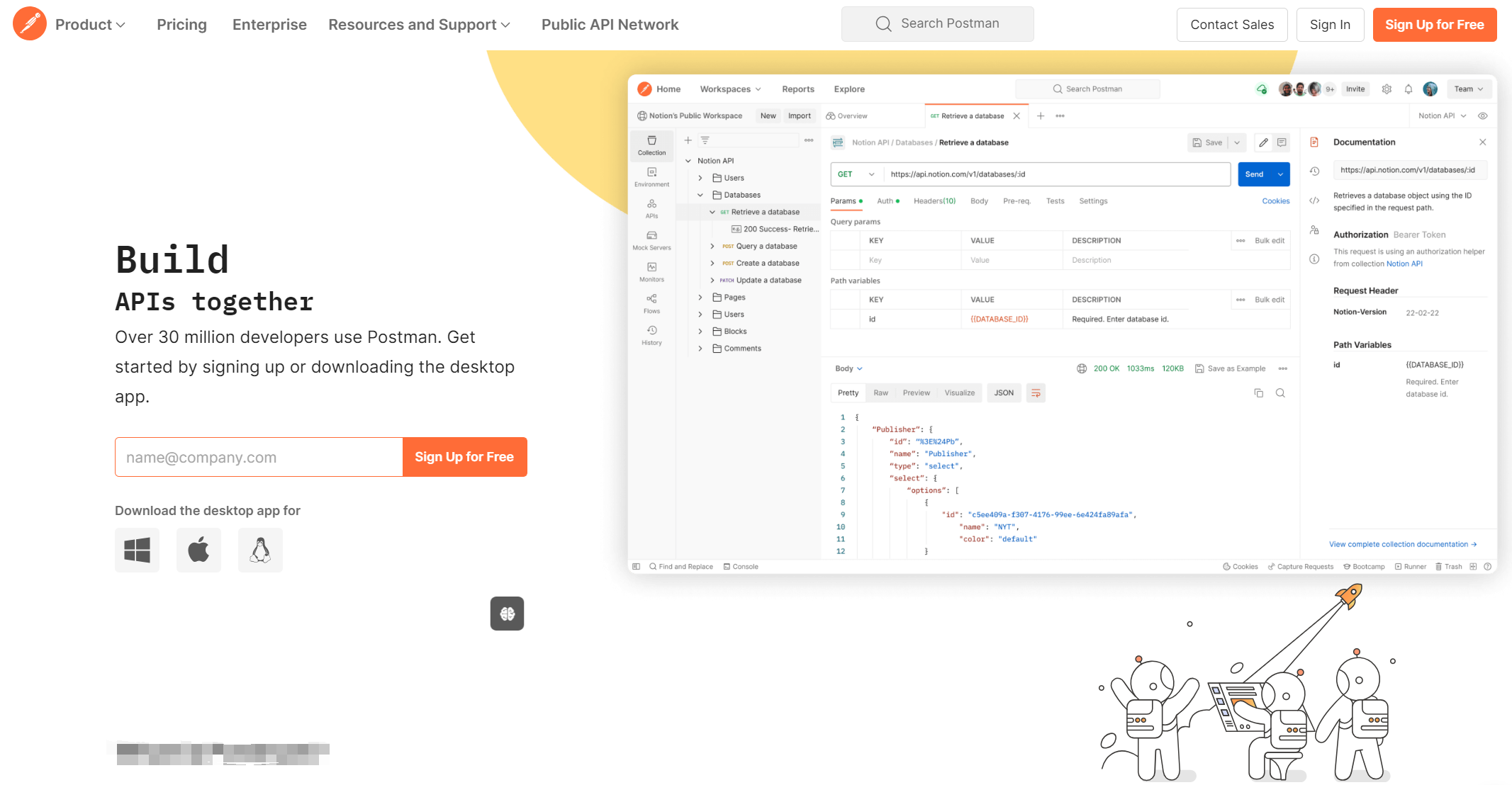
Key Features
1.Automated testing
2.API monitoring
3.Collaboration tools
4.Mock servers
Advantages
1.Automated Testing: Supports writing and running automated test scripts to ensure API functionality.
2.Environment Management: Allows users to define environments, making it easy to switch between development, testing, and production settings.
3.Pre-request and Test Scripts: Users can write scripts that run before requests and after responses, enabling complex workflows and validation.
4.API Monitoring: Built-in monitoring tools allow users to run tests at scheduled intervals, ensuring APIs are functioning as expected.
Pricing
Free plan available; Pro plans start at $ 14/user/month.
Website
Bruno
Bruno provides an organized environment for API testing. It’s designed to support quick testing sessions while giving developers the flexibility they need.

Key Features
1.User-friendly interface
2.Dynamic data generation
3.Request chaining
4.Collaboration features
Advantages
Bruno’s clean UI and flexibility make it a great choice for quick, iterative testing.
Pricing
Free plan available; paid options start at $ 12/user/month.
Website: https://www.usebruno.com
SoapUI
SoapUI remains a powerful tool for those needing to test SOAP and REST APIs in depth. It offers robust functionalities for functional and security testing.

Key Features
1.Functional and security testing
2.Load testing
3.Data-driven testing
Advantages
SoapUI's extensive features are perfect for enterprise-level testing needs.
Pricing
Open-source version available; paid version starts at $ 985/year.
Website:
JMeter
Apache JMeter is your go-to for performance and load testing. It’s open-source and highly customizable, making it a favorite among developers.

Key Features
1.Load and performance testing
2.Plugin support
3.Multiple protocol testing
Advantages
JMeter’s powerful capabilities come at no cost, allowing for extensive testing without breaking the bank.
Pricing
Free and open-source.
Website: https://jmeter.apache.org
Swagger
Swagger is not just for documentation; it also allows you to test your APIs efficiently. Its integration with the Swagger ecosystem makes it a handy tool for validation.

Key Features
1.API design and documentation
2.Manual and automated testing
3.Environment management
Advantages
Swagger’s seamless integration makes it beneficial for teams that prioritize API compliance.
Pricing
Contact for pricing.
Website: https://swagger.io
Insomnia
Insomnia offers a clean and organized interface for API testing, supporting multiple protocols. It’s particularly loved for its simplicity and robust functionality.
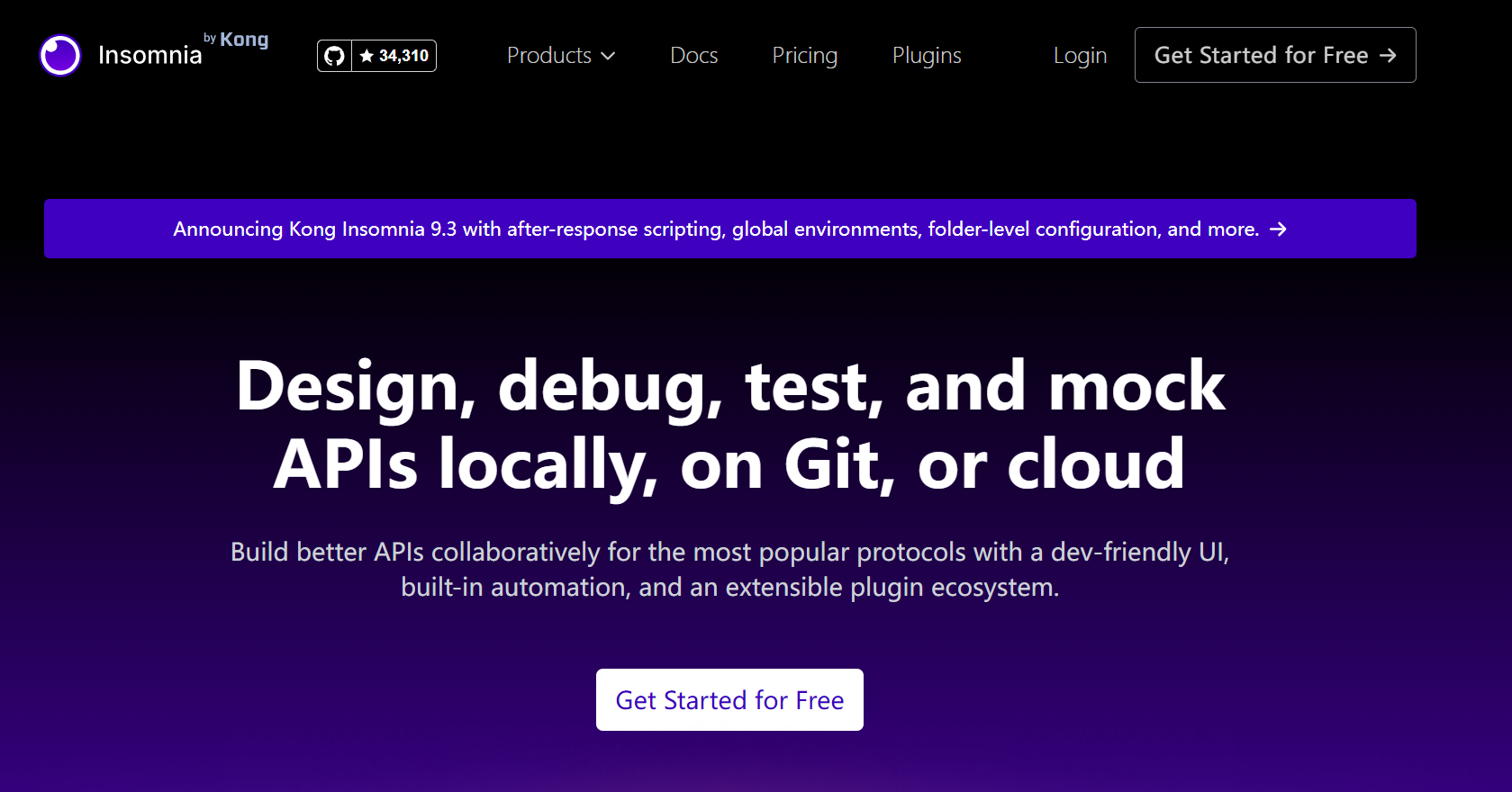
Key Features
1.REST, GraphQL, and gRPC support
2.Environment management
3.Automated testing
4.Plugin support
Advantages
Insomnia’s flexibility and ease of use make it a favorite among developers who appreciate straightforward but powerful tools.
Pricing
Free plan available;
paid plans start at $ 5/user/month.
Website:https://insomnia.rest
Rest Assured
Rest Assured is a Java library aimed at simplifying testing for REST services. It’s perfect for those who prefer writing tests in code.

Key Features
1.Simplified syntax for testing REST APIs
2.XML and JSON support
3.Comprehensive reporting
Advantages
Ideal for Java developers, Rest Assured provides a straightforward way to automate API testing.
Pricing
Free and open-source.
Website: https://rest-assured.io
RapidAPI
RapidAPI is a platform that simplifies the process of finding, testing, and connecting to various APIs, allowing developers to streamline their workflow.
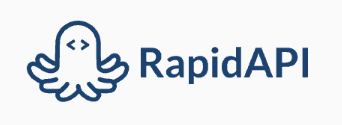
Key Features
1.Direct API Calls
2.Code Export
3.Centralized API Management
4.Cloud Hosting
5.Seamless Integration
Advantages
Efficiency: Simplifies API connections, allowing developers to focus on building rather than managing multiple API calls.
Ease of Use: The cloud-based platform eliminates the need for deployment and maintenance, enhancing productivity.
Flexibility: Supports a wide range of programming languages and platforms, making it versatile for various development needs.
Pricing
Pricing information for RapidAPI is typically tiered based on usage and features, catering to different user needs, from free tiers to premium plans.
Website: https://rapidapi.com
Curl
Curl is a versatile command-line tool for making API requests. It’s lightweight and supports a variety of protocols.

Key Features
1.Fast API interaction
2.Scriptable for automation
3.Wide protocol support
Advantages
Curl’s simplicity and flexibility make it an essential tool for quick API testing.
Pricing
Free and open-source.
Website: https://curl.se
Fiddler
Fiddler is a web debugging proxy that enables you to inspect and modify HTTP requests—perfect for API testing and troubleshooting.
Key Features
1.HTTP traffic inspection
2.Request modification
3.Performance testing
Advantages
Fiddler is great for debugging complex API issues.
Pricing
Free version available;
paid plans start at $ 12/user/month.
Website: https://www.fiddler.ai
HTTPie
HTTPie is your friendly command-line HTTP client designed to make API interactions simple and readable.

Key Features
1.Clean syntax for HTTP requests
2.Colorized terminal output
3.Plugin support
Advantages
HTTPie’s user-friendly design enhances the debugging and testing experience.
Pricing
Free plan available; Pro plans start at $ 10/month.
Website: https://httpie.io
Final Thoughts
Choosing the right API testing tool can significantly enhance your workflow and ensure your APIs function as intended. Whether you prefer user-friendly interfaces like EchoAPI and Postman, or need the scripting power of tools like Rest Assured, there’s something here for every developer.
Investing in the appropriate API testing tool not only improves your application’s quality but also leads to a better overall user experience. Happy testing!




 EchoAPI for VS Code
EchoAPI for VS Code

 EchoAPI for IntelliJ IDEA
EchoAPI for IntelliJ IDEA

 EchoAPl-Interceptor
EchoAPl-Interceptor

 EchoAPl CLI
EchoAPl CLI
 EchoAPI Client
EchoAPI Client API Design
API Design
 API Debug
API Debug
 API Documentation
API Documentation
 Mock Server
Mock Server







